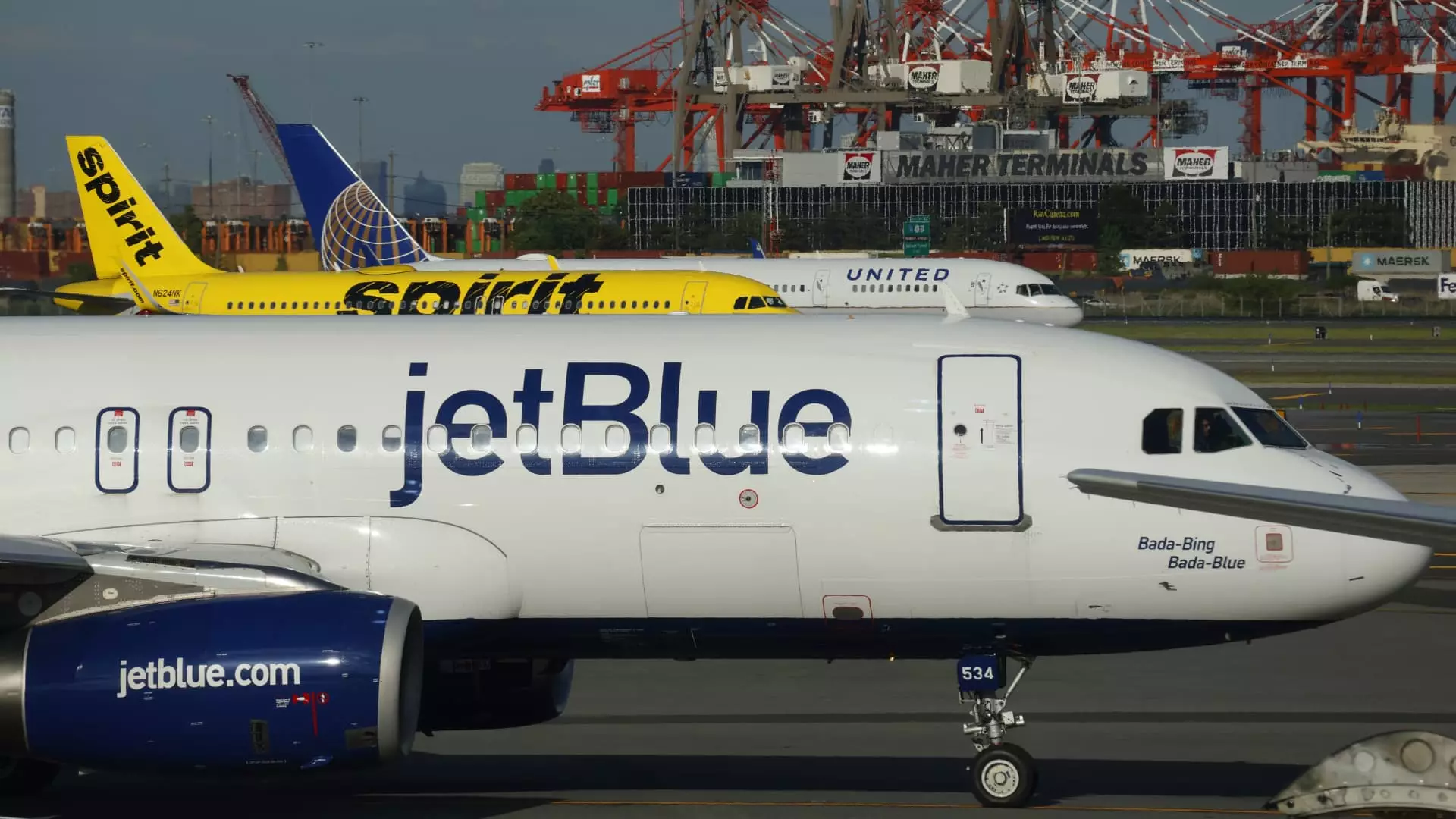In the wake of unprecedented challenges, airlines are struggling to balance the need for new aircraft with the imperative to save money. Cash-strapped, low-cost, and deep-discount airlines are reevaluating their growth plans and deferring deliveries of new planes to mitigate costs and return to profitability. The impact of engine repairs, coupled with escalating operational expenses and declining revenue, has prompted airlines like Spirit Airlines, JetBlue Airways, and Frontier Airlines to rethink their strategy and prioritize financial sustainability over expansion.
The financial strain on airlines is evident in their decision to delay the acquisition of new aircraft. Spirit Airlines, which recently reported a significant loss in revenue and announced pilot furloughs, has deferred all Airbus planes on order until at least 2030. Similarly, JetBlue Airways aims to save $3 billion by postponing the delivery of 44 Airbus A321 airplanes through 2029. These deferrals, while essential for cost reduction, pose a dilemma for airlines like JetBlue, as the need for additional planes conflicts with the financial burden of sidelined aircraft due to engine recalls.
The global airline industry is grappling with a scarcity mindset, as new fuel-efficient planes remain in short supply. The escalating demand for new Airbus A320s and A321s has led to record-high lease rates, further exacerbating the financial burden on airlines. Lease rates for Boeing 737 Max 8 aircraft are also near record levels, intensifying the financial pressure on carriers. Amidst supply chain disruptions and skilled worker shortages, aircraft suppliers like Boeing and Airbus are struggling to meet the surging demand for new planes, underscoring the challenges faced by airlines in acquiring essential aircraft.
The predicament faced by airlines has prompted a reevaluation of growth and expansion strategies. Carrier executives cite delayed deliveries of new planes as a significant factor hampering growth plans, leading to a slowdown in hiring and other expansion initiatives. Southwest Airlines, an all-Boeing 737 carrier, has implemented voluntary leave programs in response to delayed Boeing deliveries. The uncertainty surrounding fleet plans and the need to mitigate cost pressures underscore the strategic challenges faced by airlines in navigating the evolving industry landscape.
As the airline industry grapples with ongoing challenges, including the impact of engine recalls, escalating operational costs, and supply chain disruptions, carriers are forced to make tough decisions to ensure financial stability. The need to balance growth aspirations with cost containment measures highlights the delicate balancing act airlines must navigate in a rapidly changing environment. Collaborative efforts between carriers, aircraft suppliers, and leasing companies are essential to supporting airlines in their quest for sustained profitability amidst industry turbulence. Despite the current challenges, airlines remain resilient and adaptable, poised to overcome obstacles and emerge stronger in the post-pandemic era.

